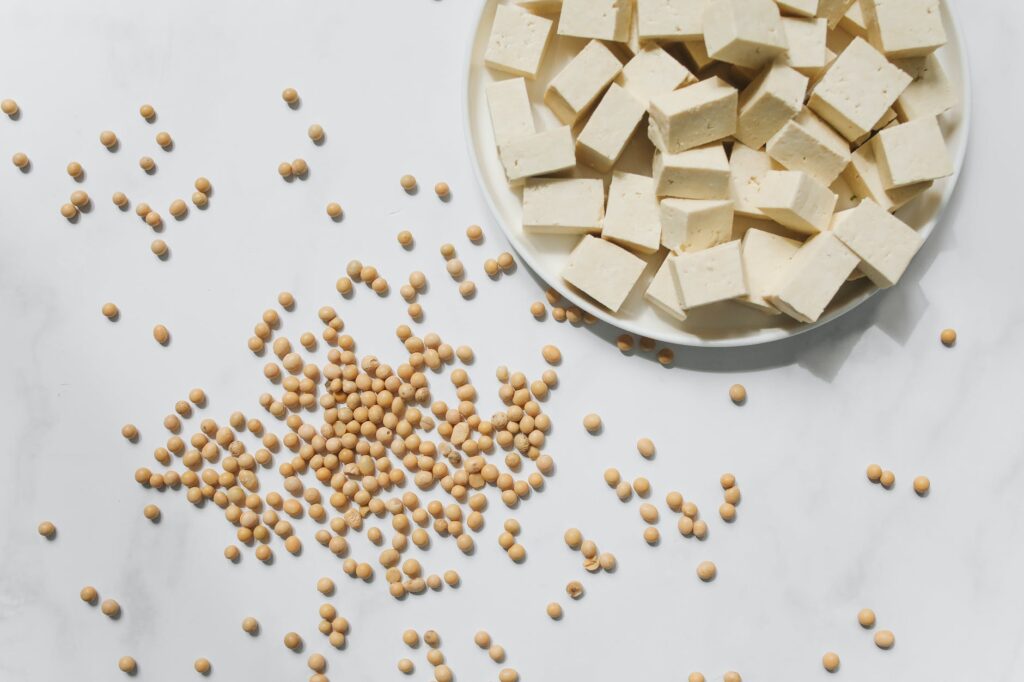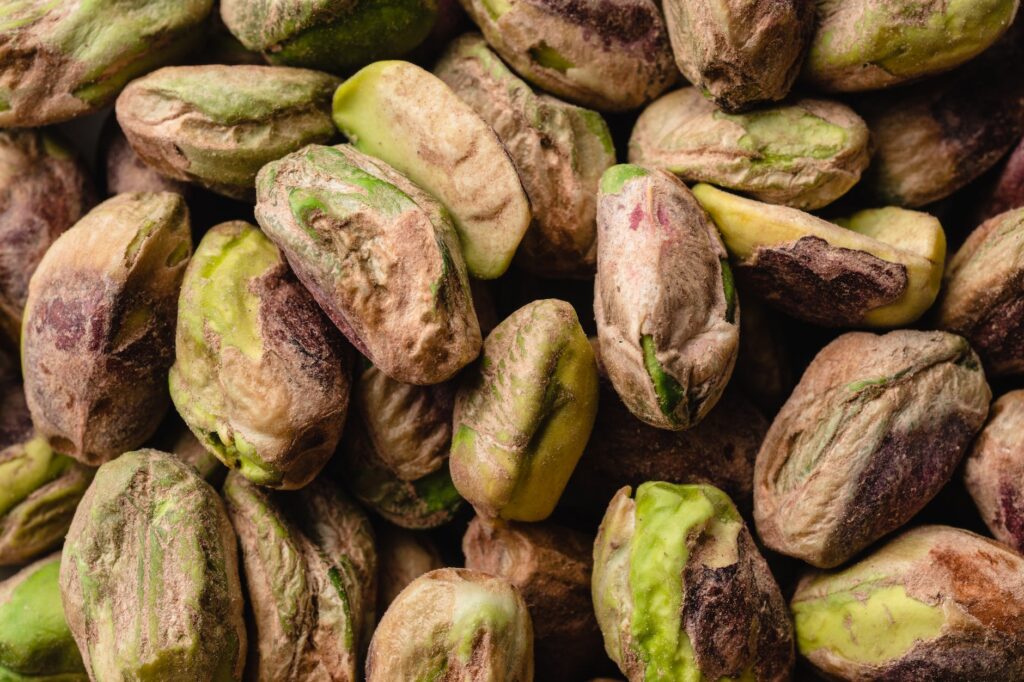Our busy lifestyles, hustle-bustle, and packed routines often make us forget the most basic requirement (nutrition) of our lives to stay fit and healthy. And in a world filled with fast food joints and convenience stores on every corner, it’s easy to lose sight of the importance of nutrition.
To address this widespread issue, National Nutrition Week dedicates itself to reminding us of nutrition’s vital role in our overall well-being.
This annual reminder to take care of your health comes to make informed choices about what you eat to maximize your health.
With all the food enthusiasts and health seekers, it is time to regain your powers again, as the time has come when we celebrate National Nutrition Week from September 1 to 7. With the beginning of a new month comes a promise to become a healthier version of yourself. So be confident because by reading this blog your plate will be filled with the right proportion of nutrition and superfoods but before that let’s know why it all started.
A little history To keep you updated
Now called the Academy of Nutrition and Dietetics, the members of the American Dietetic Association (ADA) started National Nutrition Week in 1975. The aim was to help people learn more about eating healthy and to support dietitians in their jobs. This change became successful, and many countries came forward to adopt it.
The year 1982 speaks for itself. This tradition started in the same year and has been going on ever since. Its mission was to tackle malnutrition head-on, inform us all how to eat better, educate us about the nutritional benefits, and urge everyone to maintain a healthy and sustainable lifestyle.
Let’s encourage Healthy talking
So, what’s the big deal about eating healthy? Well, it’s like the secret sauce to a good and happy life. Think about it: When you eat well, you feel better, have more energy, and even shed a few pounds if that’s your goal. It all starts with what’s on your plate and how you look over your nutritional needs.
Now, what makes a healthy diet? Have you ever thought eating regular meals is going to help you or that you have to be precise in selecting what’s going on inside your stomach when you consume your meals?
While “superfoods” still sound alien to many, they are wholesome foods that include a wider variety of nutrients than others, which critically claim them as “super”. And eating these nutrient-rich foods as part of a balanced diet will definitely help to supercharge your diet.
You do not have to learn an alien language to break the bank; for your health, we have identified a list of the most affordable superfoods that you can include in your diet every day. These superfoods are like avengers of the food world, here to save the day.
What are superfoods and why do you need them for your health?
Superfoods aren’t as mysterious as they sound. They’re simply foods loaded with nutrients, vitamins and minerals. They’re the game changer of the food world. They are not only delicious but fantastic for your health too. They can effectively boost your immune system, make your skin glow, and even help you maintain a healthy weight.
Berries

The increased flavonoid levels in berries have been shown to lower the risk of a heart attack. A few commonly identified superfood berries include acai berries, blueberries, raspberries, tart cherries, cranberries and goji berries.
These berries provide benefits such as:
Acai berries
These are small, dark purple berries. They are known to contain 19 amino acids and many antioxidants.
Blueberries
These are high in fibre, manganese and vitamin K. Cranberries have a special substance that can reduce the chances of getting a urinary tract infection.
Goji berries
These are small red berries native to Asia and are high in vitamins C and E, along with various types of flavonoids. More often they are used in Eastern medicine to treat diabetes and high blood pressure. Along with that, they help to maintain eye, liver and kidney health.
Soy

Soybeans are enriched with a high concentration of isoflavones, a type of phytochemical that occurs naturally in plants.
Some research demonstrates that isoflavones in soy lower the percentage of bad cholesterol in the blood. Moreover, soy may also prevent age-related memory loss and reduce bone loss while increasing bone mineral density during menopause and decreasing menopausal symptoms.
Leafy Greens

Kale, spinach, Swiss chard, beet greens, and collard greens are often called superfoods among leafy greens. They are packed with vitamins like A, C, E, K, and several B vitamins.
In addition, leafy greens are rich in carotenoids, iron, magnesium, potassium, and calcium. For instance, just one cup of kale gives you a whopping 550 micrograms of vitamin K, which is over 680 percent of your daily needs!
These greens are also high in fibre and water, making them great for your digestion. They can help prevent constipation, take care of your health and keep your digestive system healthy.
Dark Chocolate

Research says that dark chocolate has plenty of nutritional benefits as it is high in flavonoids.
Flavonoids demonstrate antioxidant activity, prevents coronary heart disease and certain types of cancer while boosting the immune system.
The special part of chocolate that brings these advantages comes from cacao powder, which is extracted from cacao beans. However, it’s important to remember that some chocolates have extra stuff like added sugar, which could cancel out these good effects.
Eggs

Eggs provide several nutritional benefits but are also one of the best sources of high-quality protein. Not only that, they are also rich in vitamin B2, vitamin D, and other minerals such as zinc, iron, and copper. An egg carries 6 grammes of protein but just 72 calories, which makes it a perfect superfood for weight-loss diets.
Green Tea

Green tea is often considered a superfood due to its numerous health benefits, and here’s how it works its magic:
- Rich in antioxidants
- Boosts Metabolism and Aids Weight loss
- Take care of your heart health
- Supports digestive health
- Anti-inflammatory properties
- Reduces risks of certain cancers
- Skin health
- Stress reduction
- Anti-bacterial and Anti-viral properties
Mushrooms

Certainly! Mushrooms are often underestimated as superfoods packed with goodness. They’re a natural source of vitamin D, which is essential for bone health and overall immunity, and vitamin A, which is vital for maintaining healthy skin and vision. Moreover, they’re rich in potassium, aiding in blood pressure regulation, while their fibre content supports digestive health. The antioxidants in mushrooms help combat oxidative stress, potentially reducing the risk of chronic diseases. What’s more, research suggests that certain compounds in mushrooms have anti-inflammatory properties and may even contribute to cancer prevention. So, don’t overlook these culinary delights; mushrooms are not only tasty but also bring a myriad of health benefits to the table.
Pistachios

Pistachios are a delicious snack and a nutritional powerhouse. They’re rich in both protein and fibre, making them a satisfying and healthy choice for between-meal munching. Not only that, they’re cholesterol-free too, which is great news for heart health.
Surprisingly, pistachios pack as much potassium as a small banana, which can help maintain healthy blood pressure and muscle function. Their high fibre content supports a healthy gut, aiding in digestion. Pistachios’ combination of protein, fibre, and healthy fats can also contribute to weight loss by promoting a feeling of fullness and reducing overall calorie intake. So, don’t shy away from enjoying these tasty nuts in moderation for a boost in both taste and health.
What’s more?
National Nutrition Week serves as a valuable reminder that your health and well-being are closely linked to the foods you consume. By educating yourself about certain nutritional benefits, the power of superfoods for your health, adopting healthier eating habits, and making informed choices, we can take significant steps toward a healthier and more fulfilling life.
So be ready! This week provides an excellent opportunity for individuals and communities to embark on a journey towards improved nutrition and overall wellness. Let’s celebrate National Nutrition Week by nourishing our bodies and minds with the knowledge and choices that promote a confident and healthier future.
Frequently Asked Questions
What tips to follow to get more superfoods into your diet?
Take a look at the colours of food on your plate. If the colour appears to be more brown or beige it shows that antioxidant levels are low. In such cases try to add rich colours to your plate by including kale, berries, beets, and shredded greens in soups. Try replacing beef or poultry with salmon or tofu and add berries to oatmeal, cereals, salads or baked goods.
What should I avoid or limit to have a healthy BMI?
Try to avoid or limit suggested beverages that add empty calories. Processed foods high in unhealthy fats, added sugars in candies and pastries, High-fat and fried foods; limit alcohol; and limit late-night snacking.





1 Comment
Thank you for your sharing. I am worried that I lack creative ideas. It is your article that makes me full of hope. Thank you. But, I have a question, can you help me?